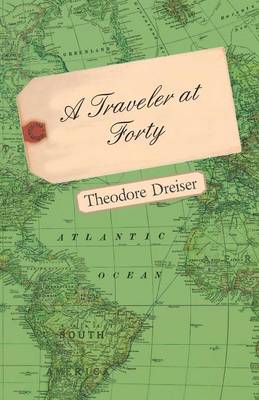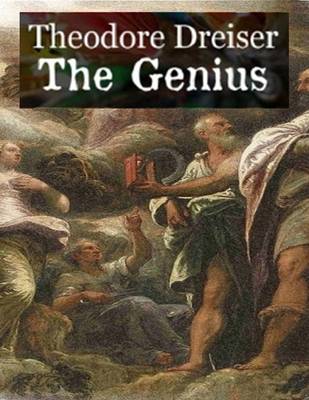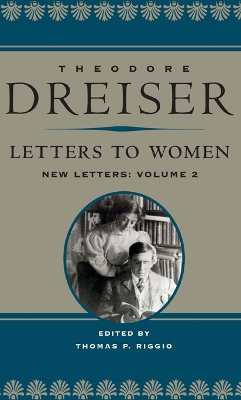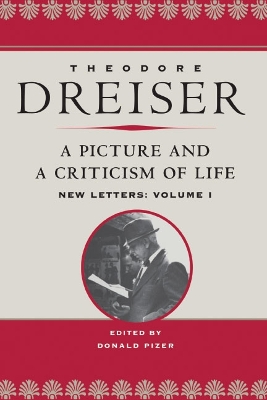The Dreiser Edition
5 total works
Frank Cowperwood, a fiercely ambitious businessman, emerges as the very embodiment of greed as he relentlessly seeks satisfaction in wealth, women, and power. As Cowperwood deals and double-deals, betrays and is in turn betrayed, his rise and fall come to represent the American success story stripped down to brutal realities-a struggle for spoils without conscience or pity. Dreiser's 1912 classic remains an unsparing social critique as well as a devastating character study of one of the most unforgettable American businessmen in twentieth-century literature.
For more than seventy years, Penguin has been the leading publisher of classic literature in the English-speaking world. With more than 1,700 titles, Penguin Classics represents a global bookshelf of the best works throughout history and across genres and disciplines. Readers trust the series to provide authoritative texts enhanced by introductions and notes by distinguished scholars and contemporary authors, as well as up-to-date translations by award-winning translators.
Theodore Dreiser led a long and controversial life, almost always pursuing some serious question, and not rarely pursuing women. This collection, the second volume of Dreiser correspondence to be published by the University of Illinois Press, gathers previously unpublished letters Dreiser wrote to women between 1893 and 1945, many of them showing personal feelings Dreiser revealed nowhere else. Here he both preens and mocks himself, natters and scolds, relates his jaunts with Mencken and his skirmishes with editors and publishers. He admits his worries, bemoans his longings, and self-consciously embarks on love letters that are unafraid to smolder and flame. To one reader he sends “Kisses, Kisses, Kisses, for your sweety mouth” and urges his needy requests: “Write me a love-letter Honey girl.” Alongside such amorous play, he often expressed his deepest feelings on philosophical, religious, and social issues that characterize his public writing.
Chronologically arranged and meticulously edited by Thomas P. Riggio, these letters reveal how wide and deep Dreiser’s needs were. Dreiser often discussed his writing in his letters to women friends, telling them what he wanted to do, where he thought he succeeded and failed, and seeking approval or criticism. By turns seductive, candid, coy, and informative, these letters provide an intimate view of a master writer who knew exactly what he was after.
Before coming to national attention for his novel Sister Carrie, Theodore Dreiser worked for nearly a decade as a magazine editor and freelance writer. Now in paperback, Art, Music, and Literature, 1897-1902 collects a rich selection of Dreiser's brief, colorful articles and interviews with American artists, musicians, and writers during this period. His profiles and interviews include such notables as Alfred Stieglitz, William Dean Howells, and legendary impresario Major James Burton Pond, as well as numerous women artists, novelists, and musicians. The volume is liberally seasoned with period illustrations reproduced from the original publications, and Yoshinobu Hakutani's notes provide biographical details about Dreiser's various subjects.




